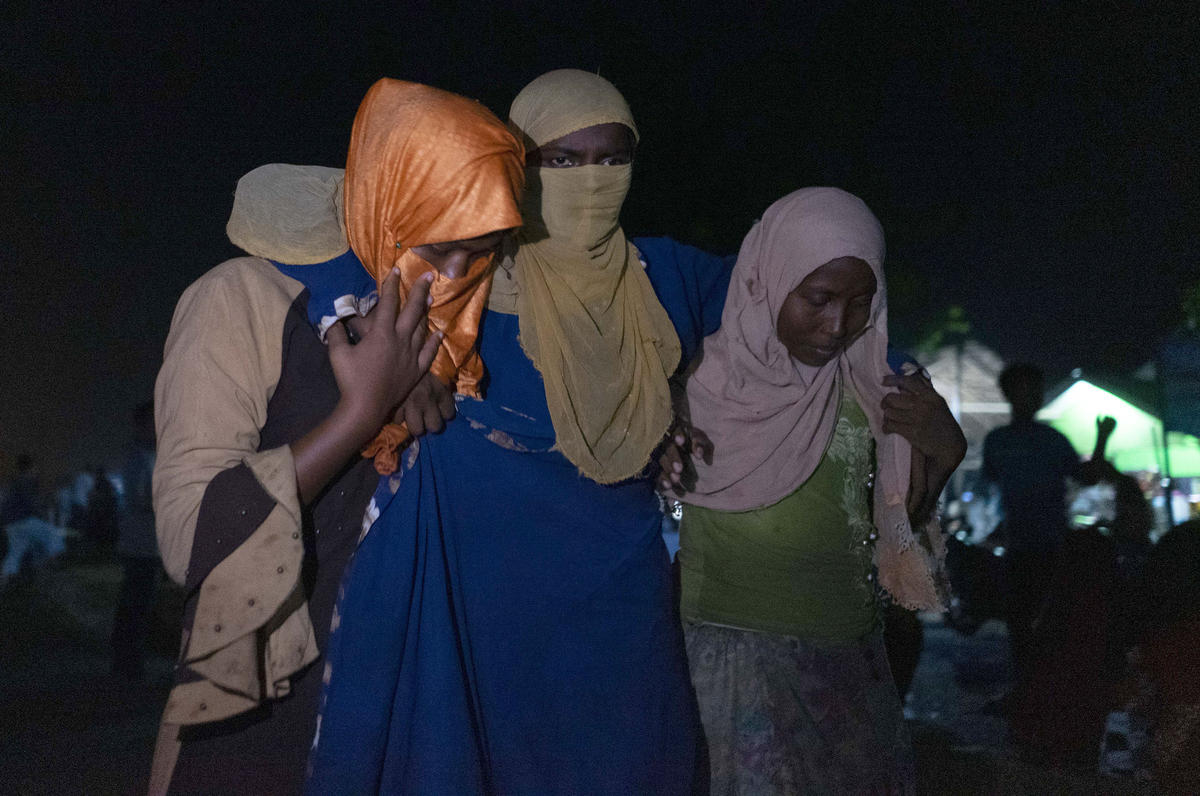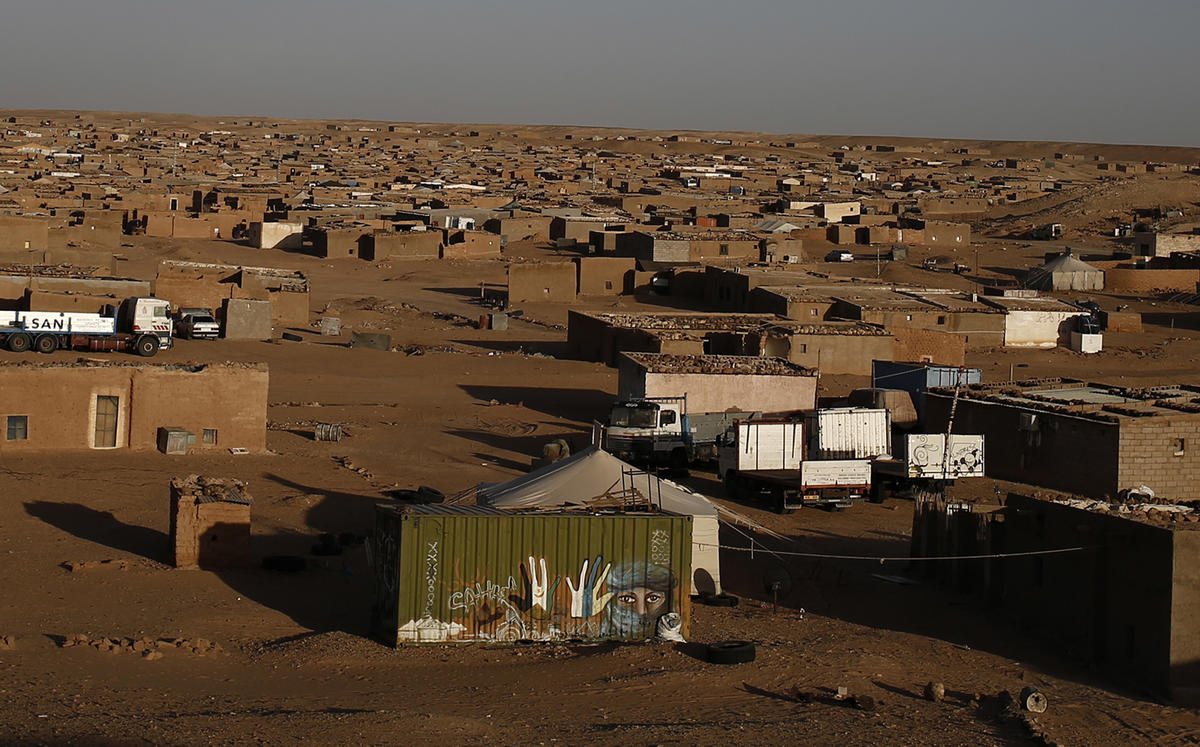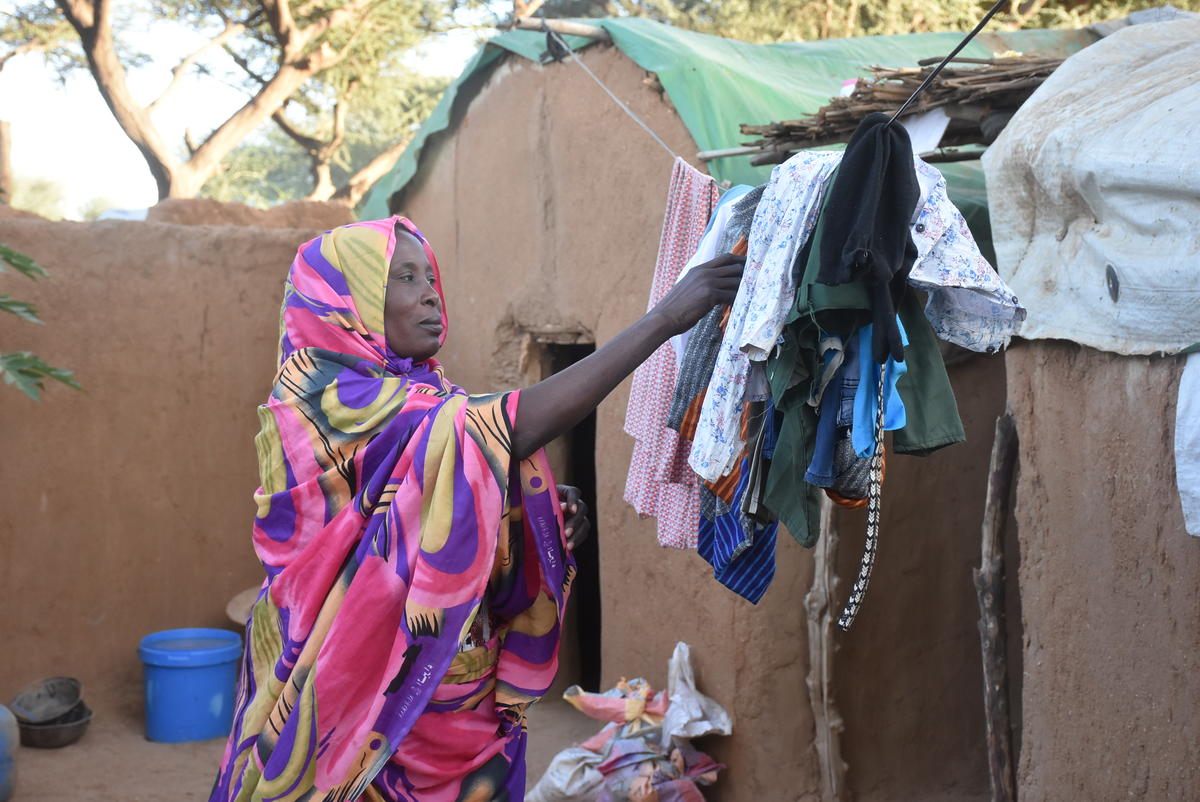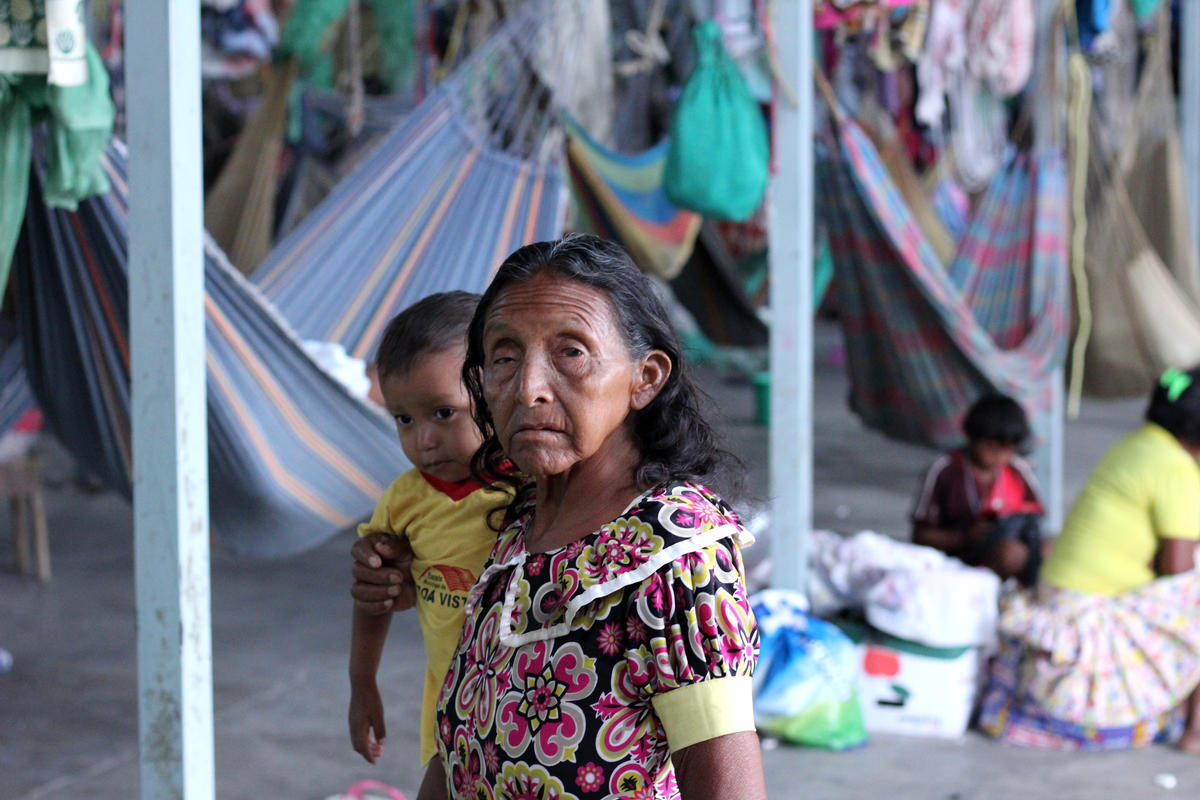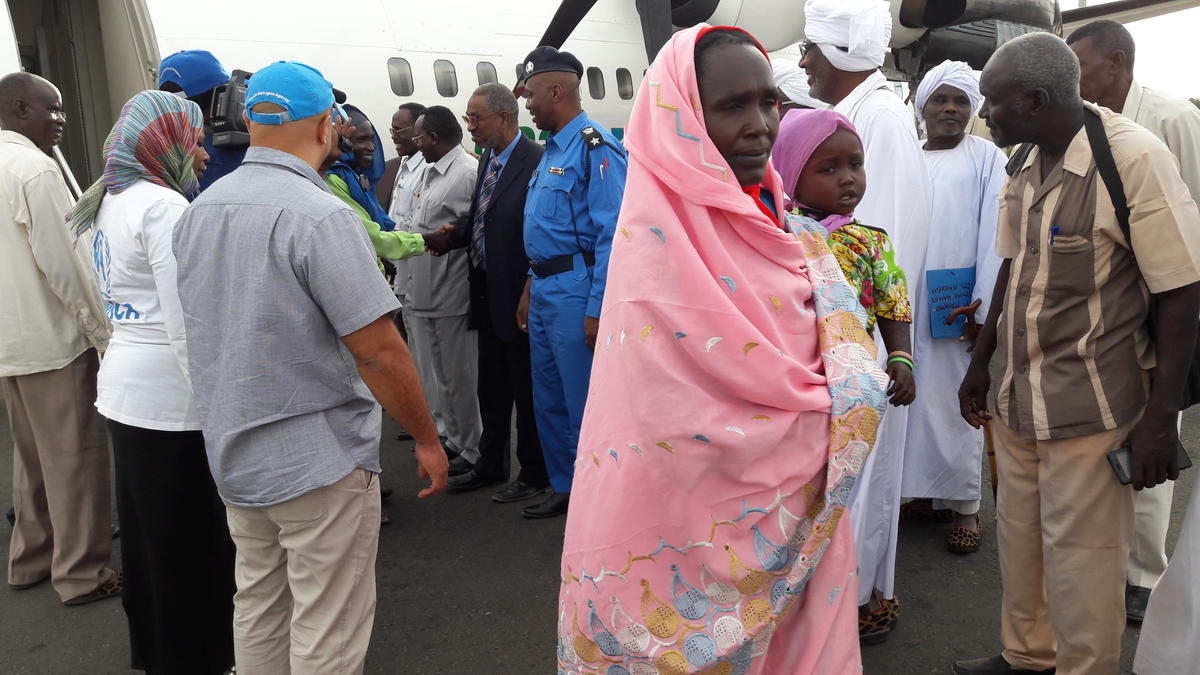Chad: hundreds reported crossing from Darfur each week
Chad: hundreds reported crossing from Darfur each week
A UNHCR team is in the Chadian border town of Bahai to look into reports of new refugee arrivals from Sudan's Darfur region since early April. Local authorities estimate that each week some 200 to 300 people have been crossing the border from Darfur into Chad since the beginning of the month. The UNHCR team will meet with the local authorities and evaluate the refugee situation in the area. Refugees told UNHCR that they left their homes following attacks by militia on April 2, in which they say their houses were looted and then burned. Despite the proximity with the border and the volatile security situation, we are considering a more regular presence in Bahai so we can better assist the refugees. In late March, we organized a distribution of food, blankets, mats, and kitchen sets for the 7,000 refugees we had previously registered in Bahai.
Tomorrow, together with our partner CARE, we will start a distribution of assistance to refugees in the Kariari region, 35 km north of Bahai. Local authorities estimate that there are 16,000 refugees in the area, most of whom fled to Chad at the end of January/beginning of February following aerial bombing of their villages and heavy attacks by militia. The refugees will receive sorghum, corn-soya blend and cooking oil provided by the World Food Programme as well as other items such as jerry cans, mats, and kitchen sets. The remoteness of the area and logistics constraints had delayed assistance to the refugees in the Kariari area. They have been surviving on the reserves of the food they brought with them when they fled Darfur. The local population also helped them by sharing their own food, but this generosity has now reached its limits as Chadian families also have to think of their own survival. People have turned to eating mukhet, which are seeds normally used to feed cattle. Women and children collect the seeds from trees in the surroundings and cook them for every meal of the day. According to a recent survey published by IRC [International Rescue Committee], which has sent a mobile clinic to the Kariari region, 40% of the children between 6 months and five years old are at risk of malnutrition, and 37% are already suffering from moderate malnutrition. IRC also reports that the main reasons adults and children are coming to the clinic are diarrhoea, respiratory infections and conjunctivitis. IRC also notes that nearly half of the mothers and children that they met on April 21 at the mobile clinic were there not for consultations, but to ask for food.
UNHCR's representative in Chad is scheduled to travel tomorrow to Kariari for the distribution and to evaluate the refugee situation in the area and decide on longer-term measures to assist the people of Kariari.
For the past week, some refugees from Bahai have started to travel by truck to Tine, then to Touloum and Iridimi, in the hope of receiving regular food and other assistance. To pay for the trip, they are selling their donkeys and other livestock. Some local drivers in Tine have also offered to take them for free to Touloum and Iridimi.
The main problem we now face is that these two camps have reached their maximum capacity in terms of water resources. We are trucking water from two private wells in Iriba but resources are dwindling and we are searching for additional private wells. Some 100 cubic metres of water are trucked every day to Touloum to meet the needs of the refugees. There are presently 8,123 registered refugees in Touloum and 9,729 registered refugees in Iridimi. UNHCR and the Chadian agency CNAR interview the refugees who arrive on their own at the camps to check their status and then register them.
The refugee situation in the Kariari and Bahai areas, as well as in Tine, underlines the urgency to open new camps as soon as possible to continue moving the refugees away from the border. We continue to face major difficulties, however, identifying sites with enough water resources.
Meanwhile, UNHCR teams continue to move refugees from the border to the existing camps. In all, 41,466 refugees are now in the five camps established since mid-January: Farchana hosts 7,812 refugees, Kounoungo has 7,352, Goz-Amer has 8,450, Touloum has 8,123 and Iridimi has 9,729.




